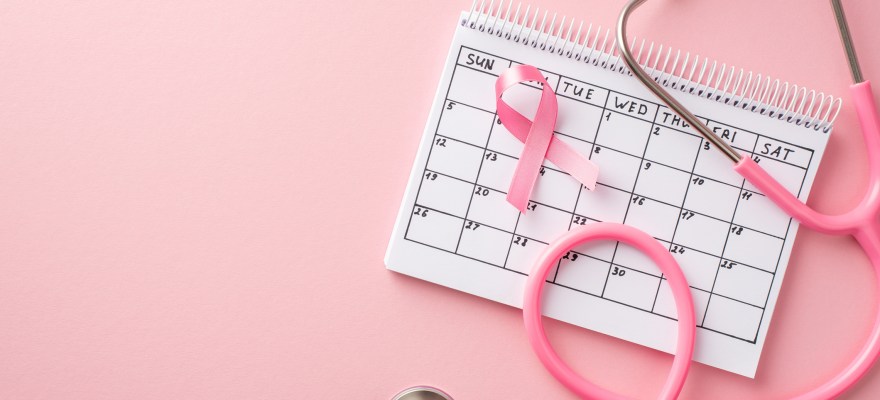
Prioritizing Breast Health
New Year’s is a great time to make positive changes in your life. When it comes to wellness, making breast health a priority is very important, doctors say. In fact, breast cancer is the most common cancer in women in the United States, except for skin cancers, according to the American Cancer Society.
The importance of mammograms in breast cancer screening
When it comes to breast health, if you’re overdue for a mammogram, consider scheduling it as soon as possible.
“Currently, mammograms are the best tool we have for breast cancer screening,” Susan Lee, MD, chief of breast surgery at Northwell Health/Peconic Bay Medical Center, said. “Other tests such as ultrasound or MRI may provide additional useful information but should not be the initial screening for the age appropriate population.”
Finding breast cancer early increases a patient’s likelihood of survival, another reason why mammograms are so important. Lee recommends women with average risk of the disease start getting annual mammograms at age 40.
“The earlier the stage, the higher the likelihood of survival and even cure,” Lee said. “Breast cancer survivors make up the majority of all cancer survivors today, at approximately 22 percent.”
Why your breast health should be a priority this year (and every year)
Breast cancer is common. Very common.
“Breast cancer occurs in every country of the world in women at any age after puberty but with increasing rates in later life,” Steven Quay, MD, a former Harvard Medical School and Sanford School of Medicine professor, and founder of Atossa Therapeutics, said. “Roughly half of all breast cancers occur in women with no specific risk factors other than sex and age.”
Darren Sachs, DO, partner at Surgical Specialists of NY, added that women should prioritize breast health because of the rise of women being diagnosed with breast cancer at a younger age and underscored the importance of women getting mammograms.
“We have seen a dramatic shift in breast cancer in younger women over the past 5-10 years,” Sachs said.
Quay added that there is some research showing that by age 70 or maybe 75, a woman who has not had cancer can consider deferring the tests.
“But importantly, that is an individual decision between a woman and her trusted healthcare provider,” he said.
Breast health: What you can do to help lower your risk of breast cancer
Sachs explained that there isn’t a clear answer as to why women are developing breast cancer at a younger age, but studies point to poor diet, lack of exercise, obesity, alcohol consumption, smoking and other factors.
“What people tend to forget is that all of these toxic habits start at a young age,” the doctor said. “What we do to our body now will not have an effect until 30-40 years down the line so children growing up on processed food, lack of exercise and lack of knowledge of things that are carcinogenic could be a possible source.”
Sachs added, “I encourage all parents to try to feed their children healthy, unprocessed and home-cooked meals with lots of vegetables and fruit. We do know obesity is linked to breast cancer because every fat cell creates hormones that increase the risk of breast cancer. We are still learning a lot about the disease and new information is coming out every day, but unfortunately every woman is at risk for breast cancer.”
No matter your age, it’s never too late to start healthy habits. Here are some things you can do to help reduce your risk of breast cancer, according to the CDC:
- Maintain a healthy weight
- Be physically active
- Don’t drink alcohol, or drink it in moderation
- If you are taking or have been told to take hormone replacement therapy or oral contraceptives, ask your doctor about the risks and find out if it is right for you
- Breastfeed your children if possible
- If you have a family history of breast cancer or inherited changes in your BRCA1 and BRCA2 genes, talk to your doctor about other ways to lower your risk
To learn more about breast cancer, visit the American Cancer Society’s website.
Wanna read more stuff like this? Get our newsletters packed with ideas, events, and information for parents in Staten Island.
"*" indicates required fields

